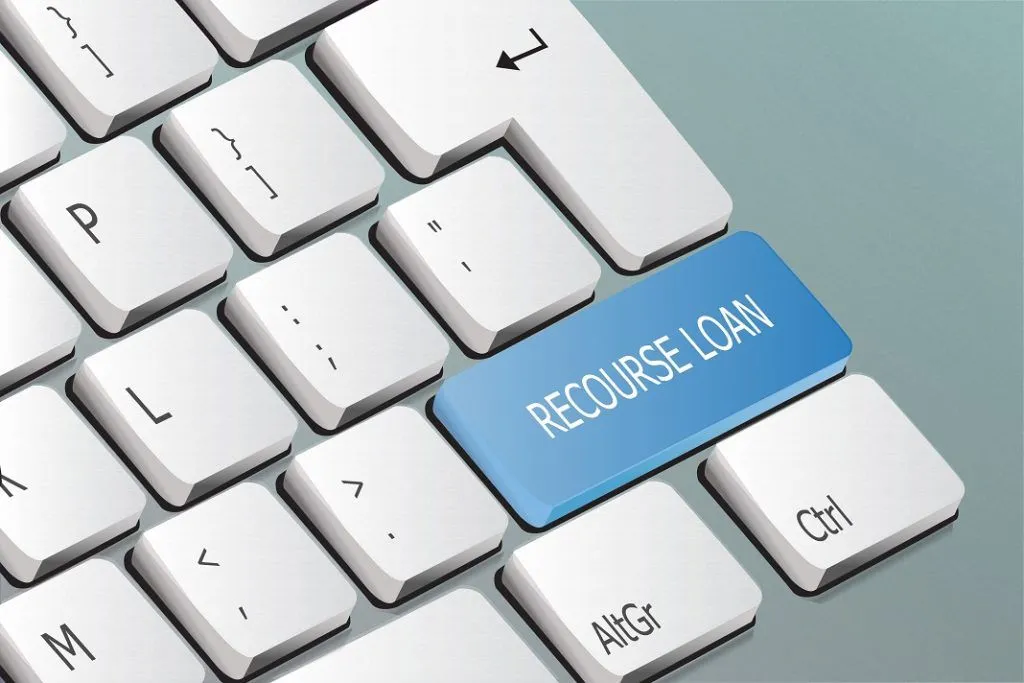When it comes to obtaining a business loan, you may be wondering: What is a recourse loan? While recourse loans are less risky for lenders, they carry significant risks for borrowers. If you default on your loan, the lender can repossess collateral that secured the loan or your additional assets. Recourse loans may not be right for you, so it’s important to weigh the risks and pros before signing up for a recourse loan. Be sure to review the terms and conditions of the lender’s contract and state laws before signing on the dotted line.
What Is a Recourse Loan? Recourse loans require collateral. If you default on your loan, the lender may repossess the collateral you have pledged as security. Even if the value of the collateral is lower than the value of the debt, the lender can still recoup its losses. Recourse loans aren’t the best option for small business owners. However, they are an excellent option for aspiring business owners looking to make a profit with their new financing.
A recourse loan is a secured loan backed by collateral. The lender can go after your assets if you don’t repay the loan. In case of default, the lender can go after your other assets as well. The recourse loan is generally a better option for lenders because it reduces their risk. When you take out a loan, be sure to understand all the terms and conditions. They can differ from one another, but it’s crucial to know what you’re getting into.
Non-recourse loans have fewer protections and are often harder to get. These types of loans may be harder to obtain and may have higher interest rates. Most financial institutions don’t want to risk losing their money if you fail to pay. A typical example of a recourse loan is a mortgage loan, which involves foreclosure. Some states mandate recourse liability for mortgage loans. However, non-recourse loans may be structured to allow a business to use collateral.
Tax implications are a major difference between a recourse loan and a non-recourse loan. Non-recourse loans do not have any tax consequences, but recourse loans can have a significant tax impact if you have to pay back the entire debt. If you default on a non-recourse loan, the lender can forgive some of your debt, which can be taxable income. If you default on a recourse loan, however, you may be subject to a tax assessment for the cancellation of the debt.
A recourse loan is a type of secured loan. In this case, you pledge collateral as collateral, usually a home or another asset. If you default on your loan, the lender can repossess or resell the asset, but in some cases, the lender can also legally pursue your other assets to recover their losses. In some cases, the lender can even garnish your wages or levy your bank accounts.







